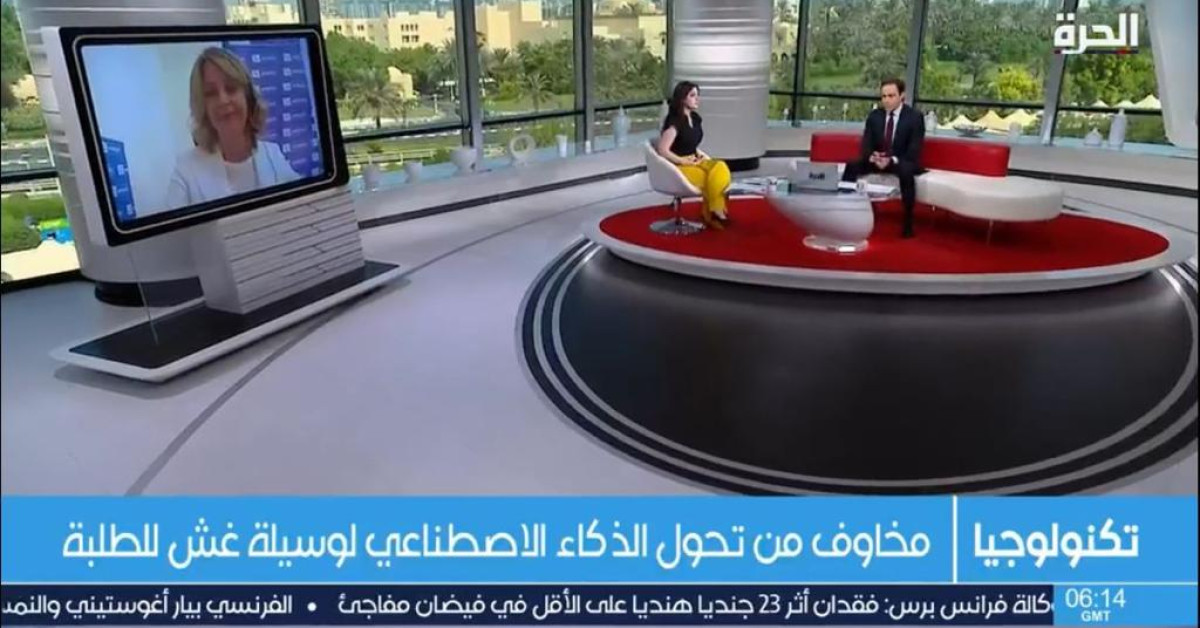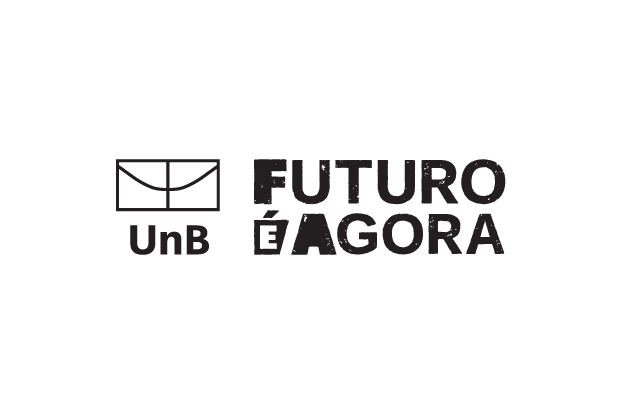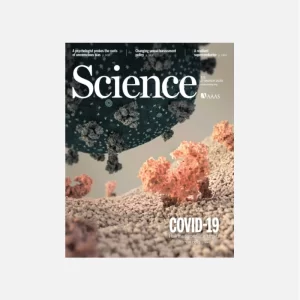UNESCO talks about its Recommendation on the Ethics of Artificial … – UNESCO
UNESCOPan-African Forum for the Culture of PeacePublic access to information is a key component of UNESCO’s commitment to transparency

UNESCO
Pan-African Forum for the Culture of Peace
Public access to information is a key component of UNESCO’s commitment to transparency and its accountability.
Based on human rights and fundamental freedoms, the 2005 Convention ultimately provides a new framework for informed, transparent and parti
UNESCO’s e-Platform on intercultural dialogue is designed for organizations and individuals to learn from shared knowledge or experiences from infl
Established in 2002, the GEM Report is an editorially independent report, hosted and published by UNESCO.
To recovery and beyond: The report takes stock of the global progress on the adoption and implementation of legal guarantees on Access to Informati
Addressing culture as a global public good
For almost 75 years, the UNESCO Courier has served as a platform for international debates on issues that concern the entire planet.
Lifelong learning is key to overcoming global challenges and to achieving the Sustainable Development Goals.
Main UNESCO website
UNESCO Digital Library website.
The Value of water
Groundwater, making the invisible visible
UNESCO
News
Al Hurra channel hosted Ms. Maysoun Chehab, Education Programme Specialist at the UNESCO Multisectoral Regional Office in Beirut, on the “Al-Youm” programme, to talk about the UNESCO Recommendation on the Ethics of Artificial Intelligence as relevant to Education, which calls on governments to regulate the use of artificial intelligence (AI) in the classroom.
Chehab touched on the reality of artificial intelligence and its widespread use among different age groups and discussed ways to maximize its benefits while mitigating its risks. She also stressed on the importance of these Recommendations as a global normative framework for the ethical use of artificial intelligence and highlighted its role in strengthening the enforcement of relevant policies and legislation in Education.
Chehab also emphasized the role of schools in adapting to the technological revolution of artificial intelligence, underlining the importance of cooperation between all education authorities and stakeholders to equip artificial intelligence users with the necessary life skills in the classroom to ensure the rational and ethical use of technology and artificial intelligence.
Chehab concluded by stressing the need to ensure human supervision on the use of artificial intelligence at schools and universities. She also pointed out the importance of combining AI-based educational methods with modern and traditional educational tools while ensuring learners’ human, social and emotional development and needs.
This article is related to the United Nation’s Sustainable Development Goals.












